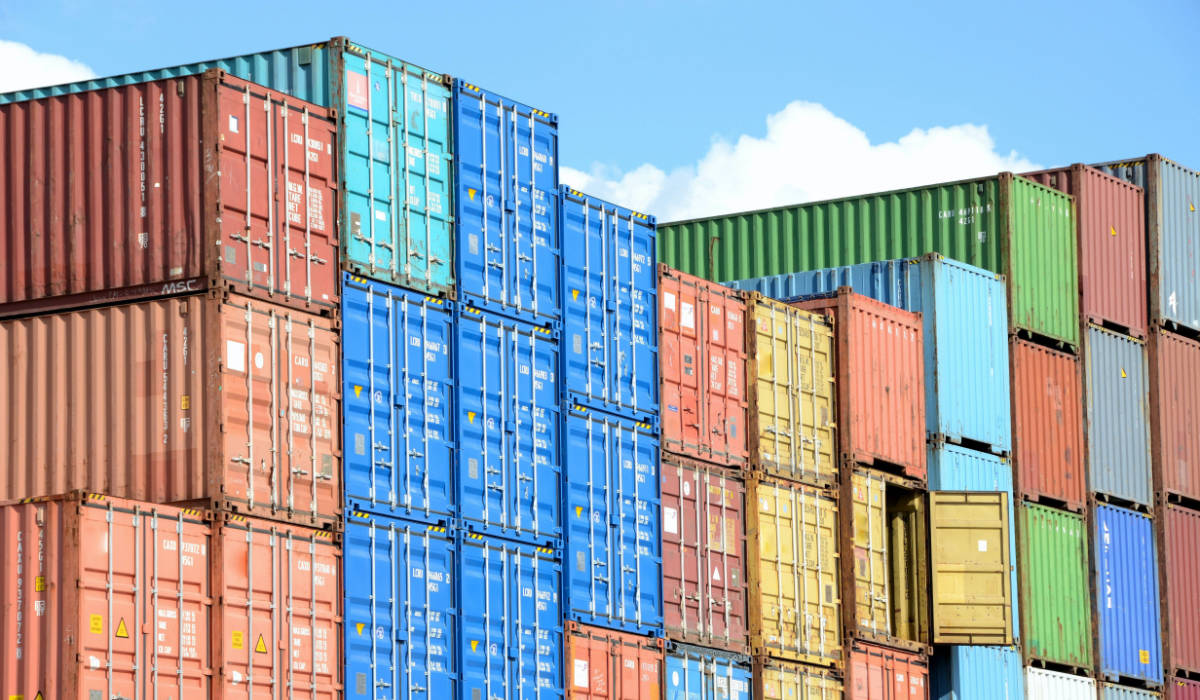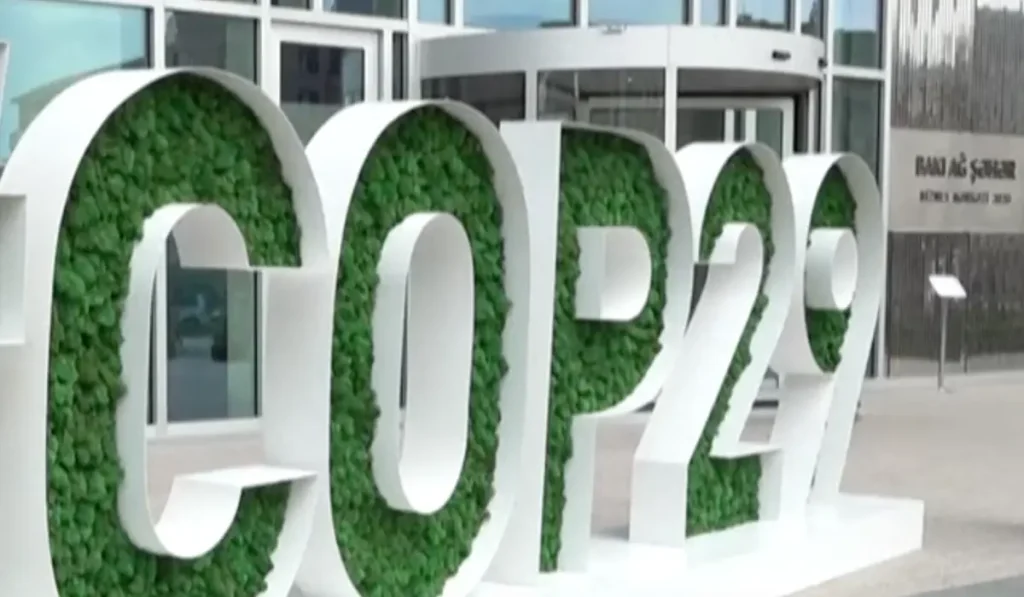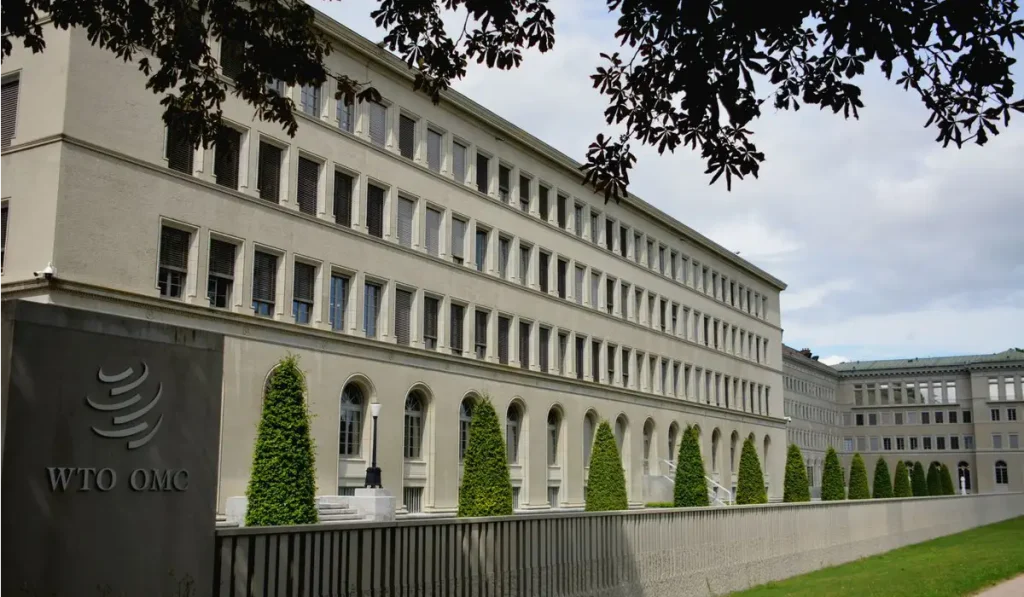Although the topic of climate change and trade been high on the political agenda for the last year, you’d be surprised to know it’s uncertain whether it will be formally negotiated at COP28. Why is this the case? As part of our series of articles unpacking African positions ahead of COP28, and following our earlier analysis on the Global Stocktake, we unpack why climate and trade has been placed on the backburner during negotiations and how this might change at the upcoming COP.
Of all the climate related mitigation measures that have been mooted or implemented this year, the European Union’s (EU’s) Carbon Border Adjustment Mechanism (CBAM) is probably the most controversial. It is effectively a levy on carbon intensive products imported into the EU to achieve parity in the carbon price paid by the manufacturer in the country of export, and the price paid by EU manufacturers. It came into operation at the beginning of October and will have a transitional period up until 2026. The overall impact of the CBAM is not yet known, however early reports by the LSE and the African Climate Foundation indicate that it may reduce African exports to the EU by -5.7% and reduce continental GDP by -0.91% (equivalent to a $16-billion reduction in GDP at 2021 levels). Hypothetically, if the CBAM were to be extended to apply to all African exports, it could drop African GDPs by between 1.5% to 8.4%.
In addition to achieve carbon pricing parity, the CBAM is also intended to incentivise the roll out of carbon pricing systems (like a tax or emissions trading scheme) in exporting states, something that most countries have not warmed to quickly. This has led to reactive trade responses in a number of countries across the globe. The United Kingdom, Australia, and potentially even the United States and Taiwan are all contemplating the adoption of similar CBAM type border measures. Vulnerable exporting states have also initiated carbon pricing frameworks such as Indonesia, Brazil and India. The introduction of the CBAM has also not gone unchallenged. Earlier this year, China asked the EU to justify the CBAM at the World Trade Organisation (WTO), and India has indicated its intentions to challenge its legality with WTO rules.
But the WTO is not the only global body that has jurisdiction over climate related trade measures. The CBAM as a climate related mitigation measure, fits neatly into what are referred to as “Response Measures” under the Paris Agreement and UNFCCC. Response Measures are generally understood as being mitigation related measures that can have domestic as well as cross border impacts. Under the Paris Agreement and UNFCCC, countries are required to take into account the concerns of countries most affected by Response Measures, particularly developing countries. The UNFCCC also stresses that “measures taken to combat climate change, including unilateral ones, should not constitute a means of arbitrary or unjustifiable discrimination or a disguised restriction on international trade”.
To manage the impact of Response Measures, a historic “Forum” was created under the UNFCCC and in 2018, a body called the Katowice Committee of Experts on the Impacts of the Implementation of Response Measures (KCI) was created. Its role is to support the Forum and work towards a more inclusive economic system, with focus on economic diversification, Just Transitions, and assessment and analysis of Response Measures. The KCI and Forum have, however, achieved little to date, and it has been described as “a staging ground for proxy battles fought elsewhere at the conference” such as fossil fuel phaseouts.
Last year there were ongoing disagreements on the KCI’s six year workplan, and this continued to be a source of dispute in Bonn during the mid-year negotiations in June this year. During the Bonn climate talks, the G77 and China tried to firmly place climate and trade measures within the work plan of the KCI, ensuring they had a proper place on the negotiation table. They proposed that the assessment of the “impacts of implementation of climate change related unilateral cross-border carbon pricing measures” (such as the CBAM) and potential means to reduce developing country impacts, be included. Developed countries, led by the US, UK and EU, however, pushed back maintaining that the WTO was the more appropriate forum to address these issues and it should not come under discussion under the Paris Agreement.
South American states, supported by the Africa Group disagreed. Compellingly they have argued that the WTO’s focus is on trade and commerce, and that the Paris Agreement and UNFCCC squarely include climate change and trade related measures within their mandate. They have consistently maintained that the principles of equity and common but differentiated responsibilities and respective capabilities (CBDR-RC) must be taken into account when developing these types of “unilateral measures”. Turkey built on this proposal by suggesting that the KCI could develop a report with a case study of a trade related measure, an assessment of financial burdens, and recommendations. Developed countries again refused, with the US calling it a “red line” that they could not move forward on. Ultimately nothing was agreed to. Parties could not even agree to capture the discussion in the formal outcome, and the body moved forward with procedural matters.
The issue has been fermenting since June. South Africa and the BRICs group (Brazil, Russia, India, China) have continued to express their concerns around the CBAM. In August, BRICs countries condemned unilateral response measures such as the CBAM at their annual meeting. South Africa also wrote to the European Commission calling out the CBAM for being “policy coercive” and a threat to a “delicate national consensus”, robbing the country of its right to determine its own mitigation and development policy. In a submission by the Africa Group to the WTO, they argued that unilateral policies like the CBAM are punitive and “result in ‘beggar they neighbour’ policies that change the terms of competition, lock-in technology advances; carrying great economic costs, especially for developing countries.”
Under the Global Stocktake (a five year true-up concluding this year to assess the extent to which the Paris Agreement’s goals are being achieved), countries have also addressed trade measures at a relatively high level. In their submission under the Stocktake, the African Group of Negotiators was highly critical of the Forum and KCI, stating that it had not been proactive in facilitating the necessary dialogue and technical work required to assess response measures. They called for the Stocktaking process to establish a new “system” under the KCI for countries to cooperate in addressing the impacts of unilateral response measures such as the CBAM.
Despite the sour ending between developed and developing countries in Bonn in June, and possibly because of concerns that trade will not feature in formal negotiations, the President Designate for COP28, Sultan Ahmed Al Jaber, has introduced a special focus on trade in the Presidency’s (informal) Thematic Programme at COP28. But a deeper and structured negotiation process still needs to be had under the auspices of the COP and CMA (the body that governs the Paris Agreement).
The formal agenda for COP28 will be agreed right before the COP starts, and no doubt there will be discussions about when, where and if at all climate and trade related measures will feature. The KCI or Mitigation Work Programme seems the most logical place to have this discussion, but existing tensions suggest that this might not happen. Hopefully, both the UNFCCC Secretariat and COP President will deftly settle consensus around an agenda that firmly places trade and related response measures on the negotiation table. Either way, it will be difficult for developed countries to get developing countries on board discussions about enhanced mitigation ambition, if they are not willing to at least have a formal discussion around climate and trade measures.






